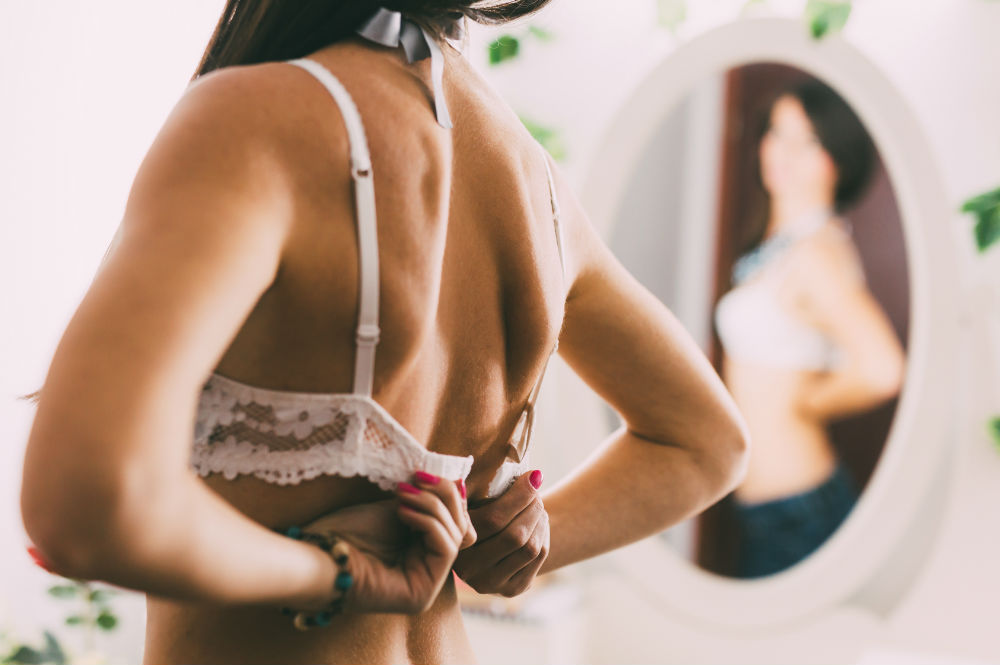You probably know that your breasts are going to get a bit fuller during pregnancy, but did you know that they can experience other changes as well? Your nipples might get larger, they might feel a bit more tender than usual, and they might even start leaking colostrum before delivery. In addition, you may find that your nipples are looking a bit darker than usual. If you’re used to having pink areolas, this may come as a surprise. But it’s totally normal for nipples to get darker during a pregnancy—here’s why.
Why do nipples get darker during pregnancy?
As usual, it’s pregnancy hormones
that are responsible for these changes in the color of your skin. These hormones stimulate a temporary increase in the amount of melanin your body produces. This is the naturally occurring substance that gives pigment to your hair, eyes and skin. With more melanin being made, your skin can get darker—particularly in areas where there’s already more pigment, like your areolas, freckles, and scars. Other areas can get darker too, like the skin around your genitals or parts of your skin that are often exposed to friction, like your armpits or inner thighs. Some women—particularly those with darker skin to begin with—can also experience discoloration on the upper lip, nose, cheekbones and forehead.
Read more: Is it true that all babies are born with blue eyes?
Is it permanent?
Most of the color changes that occur while you’re pregnant will fade a few months after delivery. However, some women may find that these areas remain a little darker than they once were—especially when it comes to your areolas and nipples. It’s completely normal.
Is there anything that can minimize it?
You can’t prevent your body from making more melanin during pregnancy, but staying out of the sun can help keep your skin from becoming darker, as sun exposure can intensify these changes in pigment. Wear broad-spectrum sunscreen on a daily basis and be sure to cover up when you spend long periods of time outdoors. Using gentle skincare products that minimize irritation can also help prevent your darker skin from becoming inflamed, which may make it look even darker. If you have darker areas or patches of skin that look uneven, it’s easy to cover these up with a bit of concealer or foundation if you’re self-conscious about it.
To learn more about how to choose and talk to your new OB, download our special guide by clicking below:
